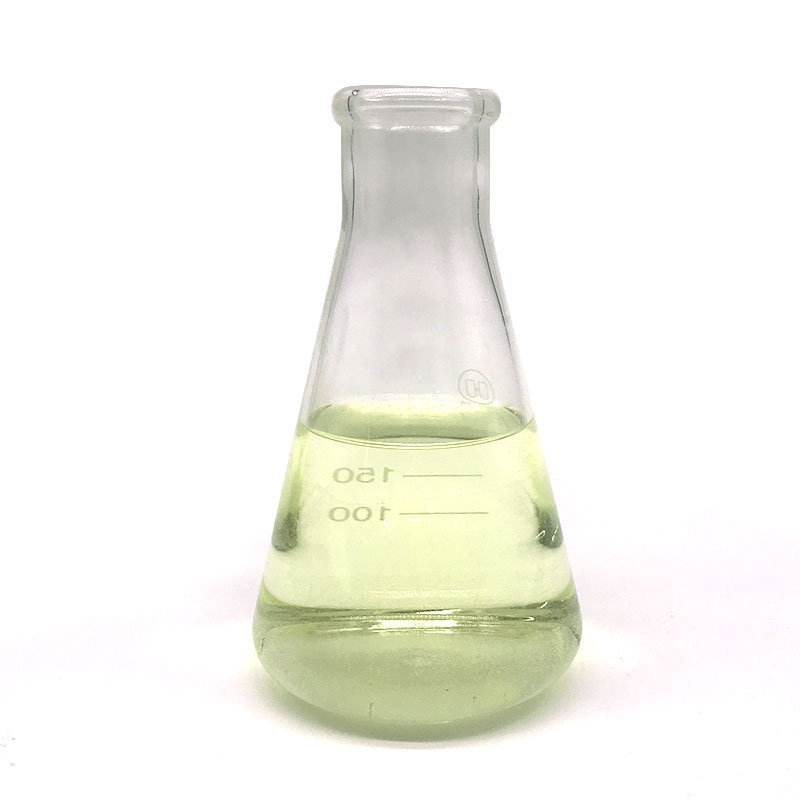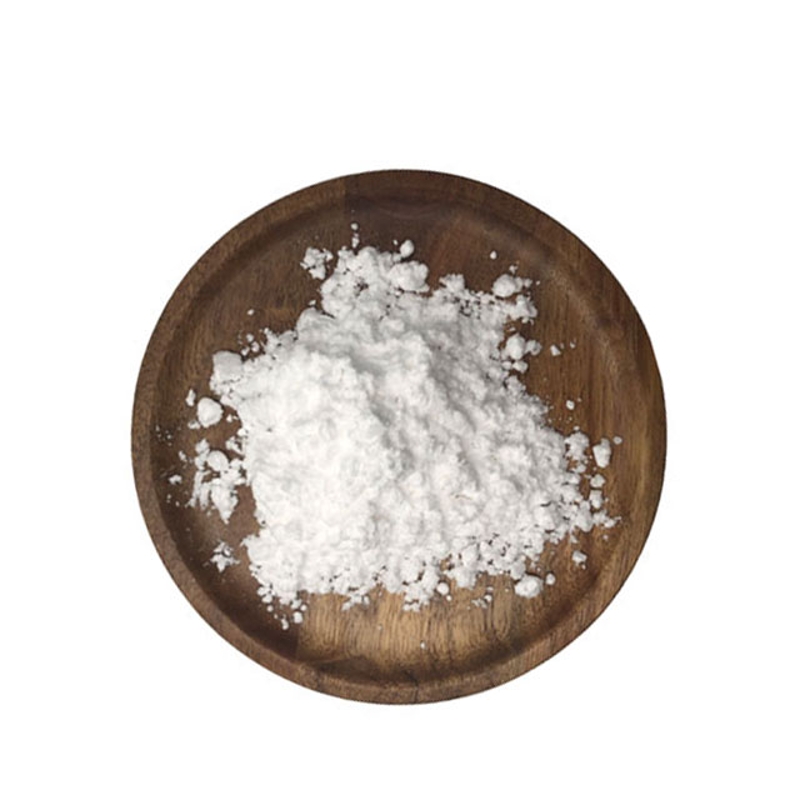Artificial intelligence finds new antibiotics to kill super resistant bacteria!
-
Last Update: 2020-02-21
-
Source: Internet
-
Author: User
Search more information of high quality chemicals, good prices and reliable suppliers, visit
www.echemi.com
Today, cell, a leading academic journal, published a research paper from MIT Scientists have discovered the antibacterial potential of a potential diabetes drug by using an in-depth learning system to make artificial intelligence "discern the Pearl" In animal experiments, the new antibiotic can effectively kill a superbug that is resistant to all known antibiotics The discovery is also on the cover of cell Image credit: Amanda Cicero, Luca Vallescura, Darryl “Moose” Norris, and Chris Sinclair How did scientists think of using artificial intelligence to find new antibiotics? At the beginning of the paper, they introduced that since the birth of penicillin, antibiotics have become one of the cornerstones of modern medicine However, with the abuse of antibiotics, more and more bacteria have developed resistance to antibiotics Unfortunately, in the past, many antibiotics came from microorganisms in the soil It is not easy to develop antibiotics in the way of traditional drugs It is not hard to understand why in the past few decades, there have been few new antibiotics, and the structure of antibiotics is similar to that of the past In order to change this dilemma, researchers developed a machine learning model Specifically, this model can automatically learn the structure of different drug molecules, not only can grasp whether there are specific chemical groups in different positions of these molecules, but also can predict the characteristics of these molecules ▲ illustration of this study (picture source: reference [1]) Subsequently, the researchers provided 2335 different molecules for "learning" of the model, including FDA approved drugs and many natural molecules with extensive biological activities The researchers hope that after training, the model will learn to identify drugs that kill E coli effectively After the training, it's time to test the learning ability of the machine learning model Using a broad Institute Library of compounds, the researchers asked the model to look for molecules with potential antimicrobial potential from 6111 of them From this model, it is considered that a molecule has strong antibacterial activity Interestingly, the molecule was originally developed as a diabetes drug, which is significantly different in structure from any existing antibiotic Subsequent studies have also shown that the molecular toxicity to human cells is low Researchers paid homage to the classic science fiction film 2001: a space odyssey and named the molecule halicin, according to MIT News Subsequently, they tested the germicidal efficacy of halicin against a variety of drug-resistant bacteria in a Petri dish, and the results were gratifying! In addition to Pseudomonas aeruginosa (a refractory pulmonary pathogen), halicin has a killing effect on all tested drug-resistant bacteria In addition to Pseudomonas aeruginosa (blue), halicin showed good broad-spectrum antibacterial activity in several drug-resistant bacteria tested (picture source: reference [1]) Of course, the results in the culture dish do not represent the antibacterial effect on living animals So the researchers infected the mice with a super resistant Acinetobacter baumannii Also according to MIT News, this superbug can tolerate all known antibiotics! And halicin once again showed a magical effect - the ointment containing halicin completely eliminated the infection within 24 hours Based on these results, the researchers pointed out that halicin has broad-spectrum antibacterial activity In terms of mechanism, this is because it can interfere with bacteria and prevent them from forming a transmembrane electrochemical gradient In general, this electrochemical gradient can help bacteria generate energy Without this gradient, bacteria would die The researchers also mentioned that the process of reshaping the electrochemical gradient is very complex, which can not be completed by a few simple mutations, so it also eliminates the generation of drug resistance to the greatest extent Using this system, the researchers further screened hundreds of millions of molecules in another database, and found 23 potential antibacterial molecules which are different from the existing antibiotics and have no toxicity to human cells This screening process took only three days The follow-up study also showed that 8 of them had antibacterial activity, and 2 of them were especially active Scientists also plan to continue to study and evaluate these molecules As some scientists have said, this breakthrough research is a paradigm change in the research and development of antibiotic drugs, which is expected to improve the efficiency of our discovery of new antibiotics and bring us more weapons against superbugs.
This article is an English version of an article which is originally in the Chinese language on echemi.com and is provided for information purposes only.
This website makes no representation or warranty of any kind, either expressed or implied, as to the accuracy, completeness ownership or reliability of
the article or any translations thereof. If you have any concerns or complaints relating to the article, please send an email, providing a detailed
description of the concern or complaint, to
service@echemi.com. A staff member will contact you within 5 working days. Once verified, infringing content
will be removed immediately.







